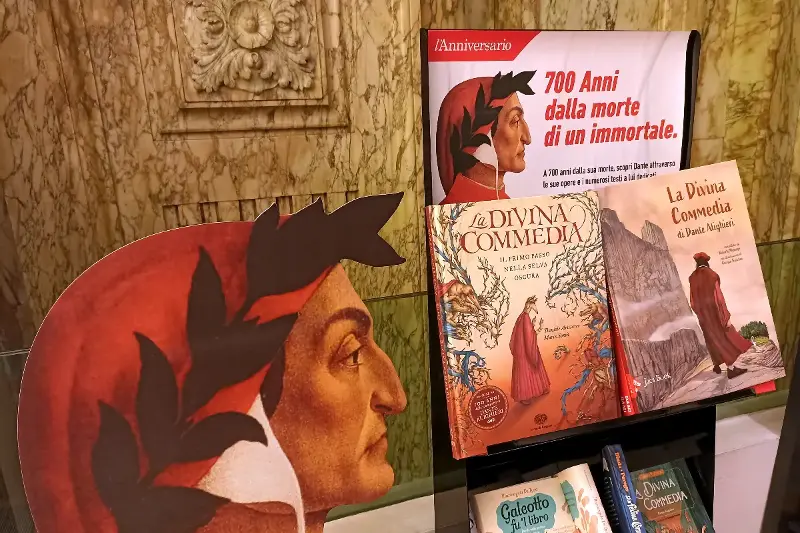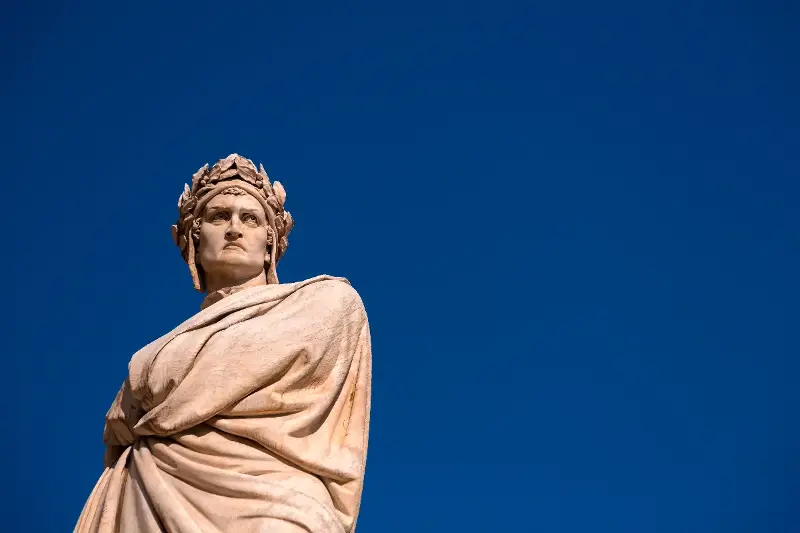Few texts have captivated humanity’s imagination across the centuries as powerfully as Dante Alighieri’s Divine Comedy. Crafted in the early 14th century, this epic poem not only shaped Italian literature but has also left an indelible mark upon Western cultural understanding of good, evil, and the very fabric of destiny itself.

A Timeless Journey Through the Afterlife
The narrative’s brilliance lies in its structure: Dante’s journey through Hell (Inferno), Purgatory (Purgatorio), and Paradise (Paradiso) is more than just a tale of the afterlife. It is a mirror reflecting universal moral struggles, fears, and hopes. Readers of all eras can see their own battles with temptation, regret, aspiration, and redemption woven through its verses.
Through unforgettable imagery—like the chilling, icebound traitors of Hell’s ninth circle or the luminous rose of Paradise—Dante visualises moral truths in a way no theology textbook ever could. Each punishment, reward, and test brilliantly illustrates ancient and medieval philosophy, yet still sparks recognition in our modern sense of right and wrong.
Defining Good and Evil: More Than Black and White
One reason the Divine Comedy endures is its nuanced treatment of virtue and vice. Rather than depicting evil as a distant, monstrous force, Dante places recognisable figures—politicians, friends, even popes—on both sides of the moral divide. Evil is personal, immediate, born of choices that reverberate through individual lives and human history. Goodness, meanwhile, shines not as unattainable perfection but in humility and persistence, shown by characters like Beatrice and the poet Virgil.
- Dante’s Inferno visually maps sin—pride, lust, greed—with punishments that fit the crime, a concept that influenced art, literature, and even criminal justice for centuries
- In Purgatorio, the focus shifts from retribution to self-improvement, illustrating a belief in growth and transformation
- Paradiso presents redemption and ultimate fulfilment as communal, harmonious, and radiant—a vision that remains startlingly relevant today

Shaping the Destiny of Culture
The ripple effect of Dante’s vision is hard to overstate. His metaphors and archetypal characters have inspired:
- Renowned artworks, from Botticelli’s illustrations to Rodin’s “Gates of Hell”
- Operas, plays, and films—look for Dantean themes even in modern pop culture or fantasy epics
- Psychological insights—Sigmund Freud and Carl Jung both drew on Dante to explore the psyche’s “infernal” layers
At the same time, the Divine Comedy has helped societies grapple with fate and free will. Are we bound by our past actions, or can we shape our own destinies? This question haunts not only Dante’s characters but countless readers, artists, and thinkers who followed.
A Living Legacy, Still Unfolding
What keeps the Divine Comedy alive in classrooms, galleries, and conversations? It’s more than historical interest; it’s that Dante’s exploration of good, evil, and destiny feels achingly fresh. As we navigate a world of moral ambiguity and unprecedented change, his blend of rigorous ethics and human empathy invites us to reflect—not just on where we’re going, but who we want to become.
Could Dante’s map of the afterlife really be a quest map for our modern souls? The next time you find yourself pondering choices and consequences, remember: the path to understanding good, evil, and destiny may weave through verses written centuries ago, still whispering, still guiding, across the unseen borders of our culture and our hearts.
